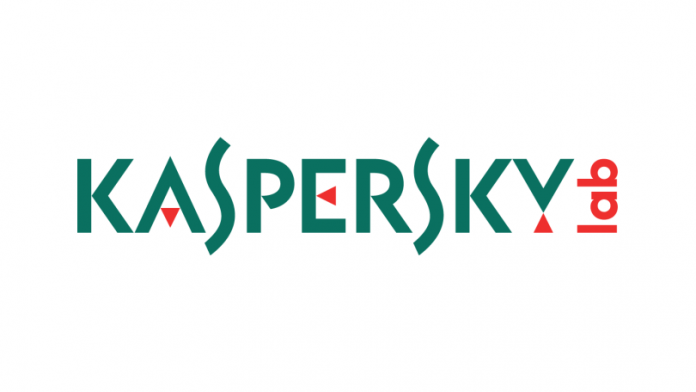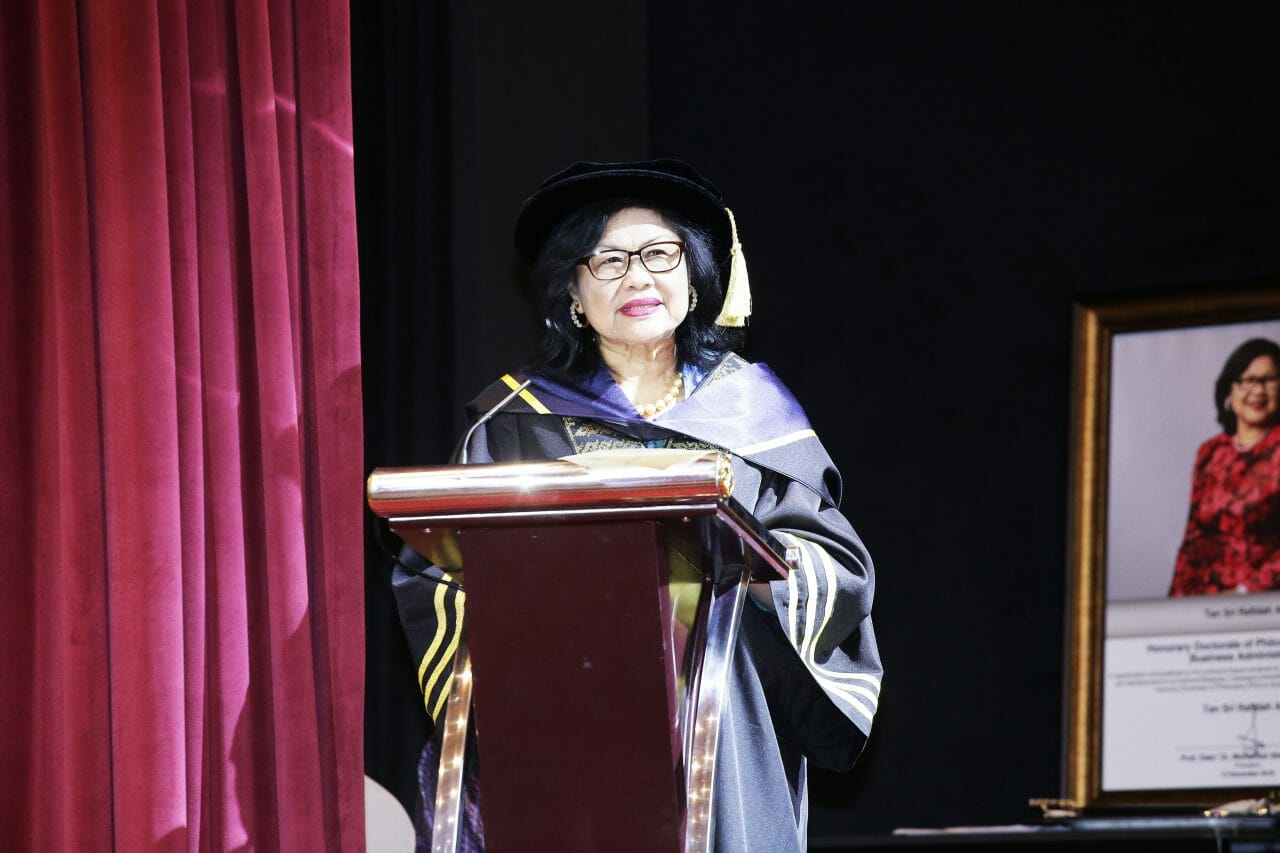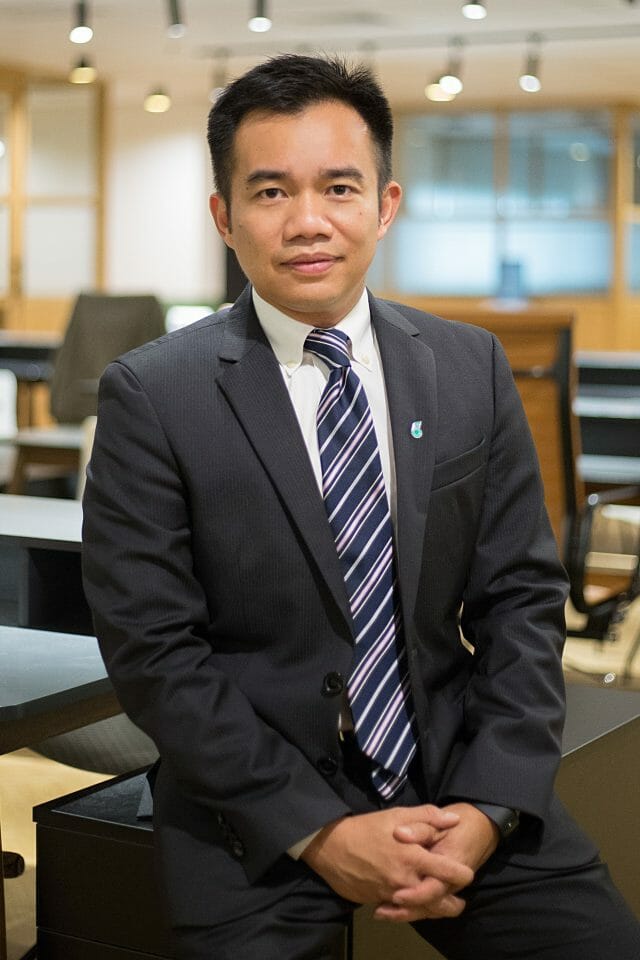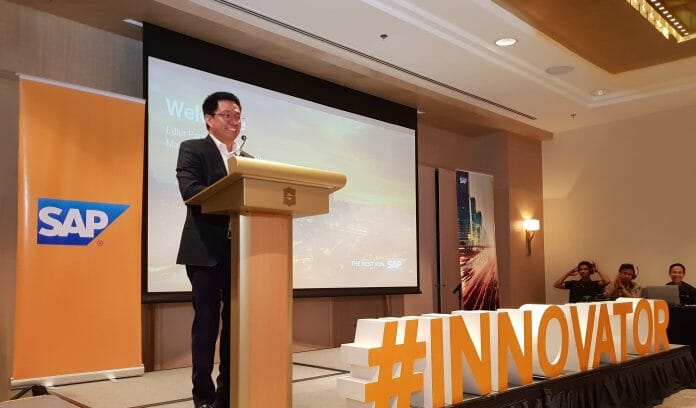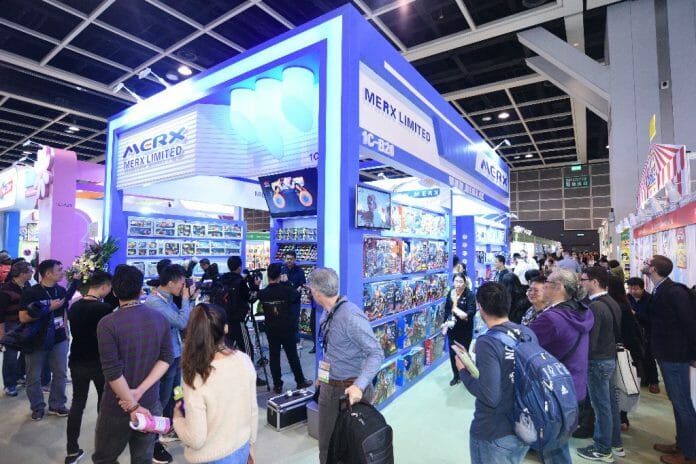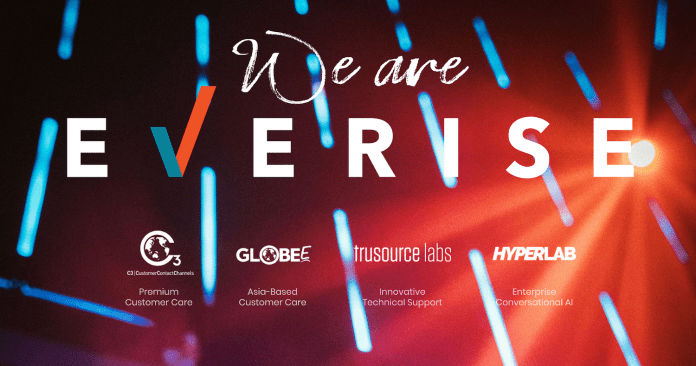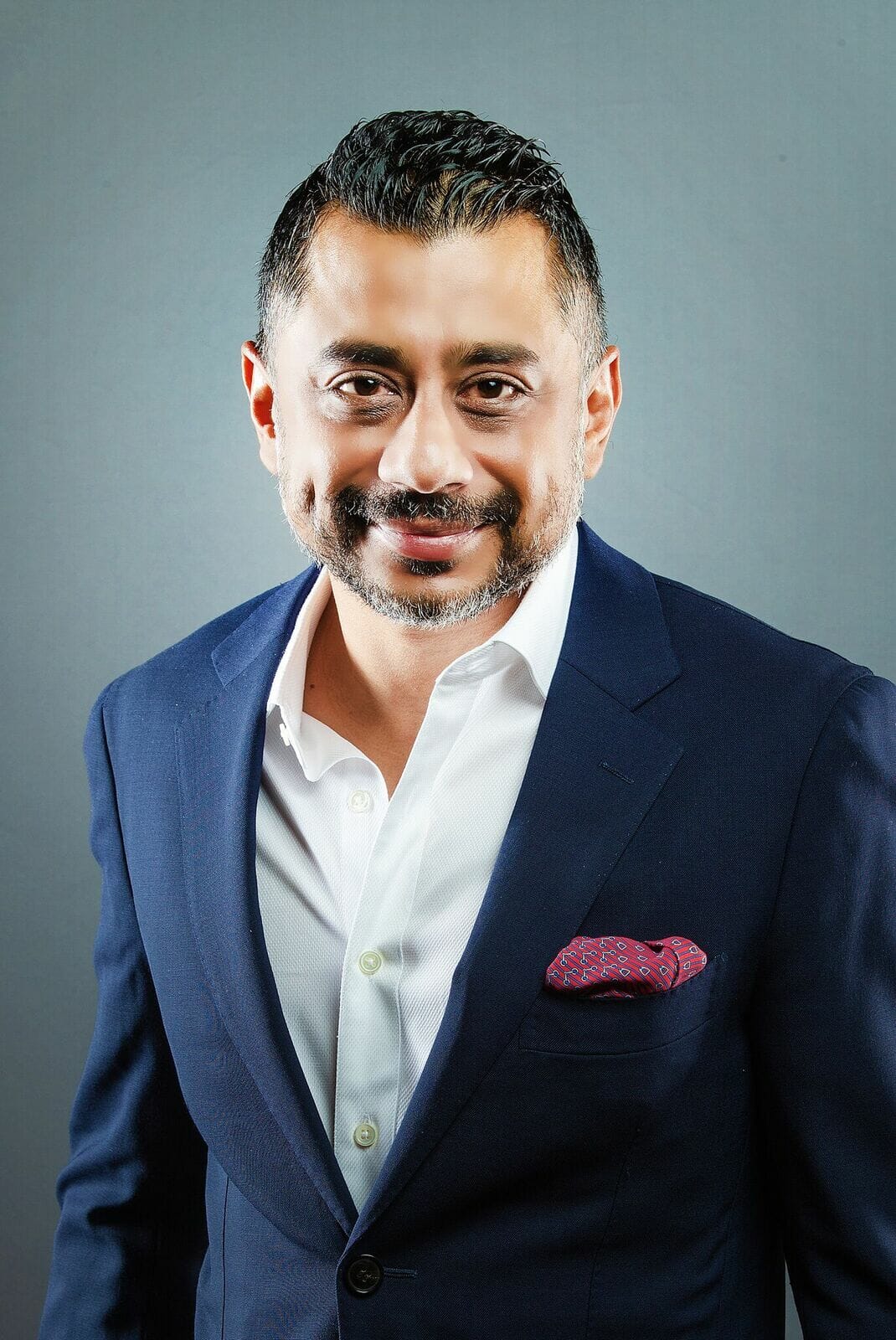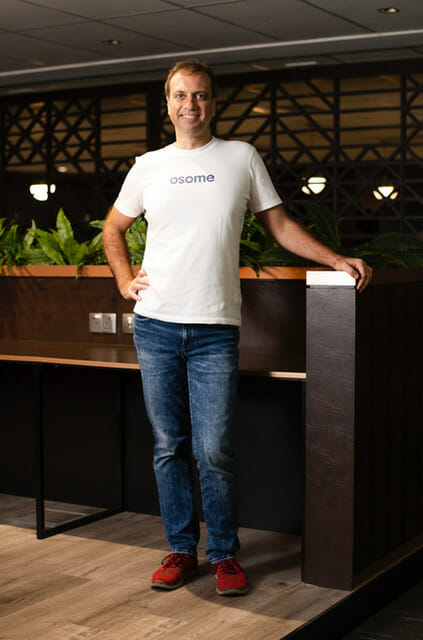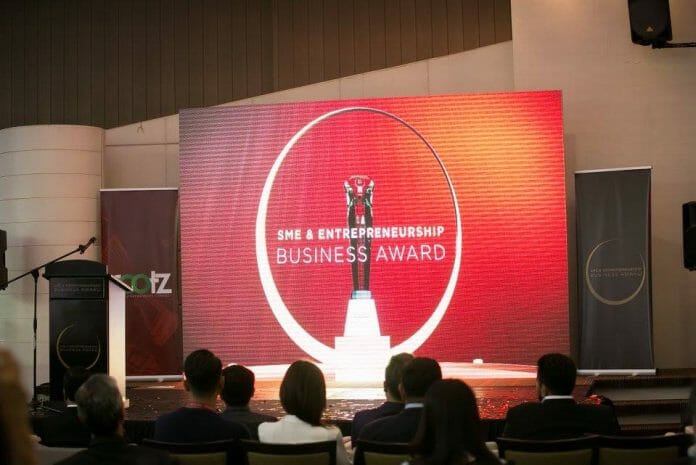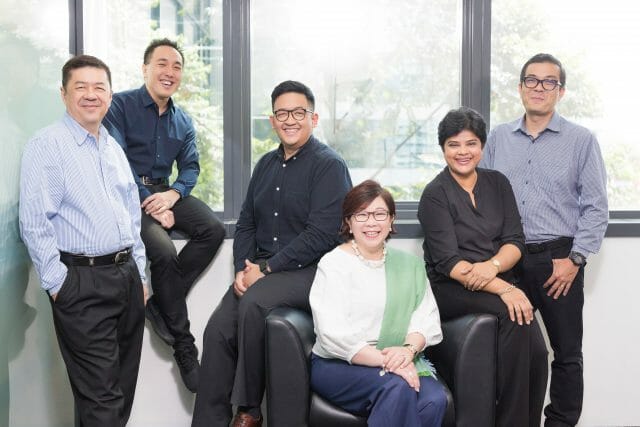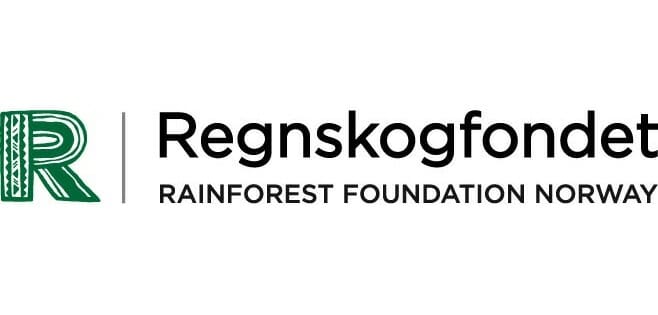Report by HSBC Global Research
HSBC economists and strategists highlights some scenarios that could happen in 2019. They vary in terms of their probability and the size of their likely economic and market impact, both globally
and regionally.
Taking trade to the brink and back
After a strong trade recovery in 2017, goods trade growth levelled off in 2018. Tough trade policy actions by the US targeted China specifically, but also affected partners around the world. In Europe, the Brexit process added to the trade uncertainty.
Trade policymakers have delivered a few recent breakthroughs and a few more may be pending that
could help to revive trade prospects. October 2018 witnessed the ratification of the Comprehensive
and Progressive Agreement for Trans-Pacific Partnership.
Growth expectations and “risk-on” will impact FX. The RMB would likely retrace some of the depreciation seen in 2018. This upside growth surprise would be positive for EM and cyclical commodities in the near term. EM equities broadly would benefit with China, Korea and Taiwan benefiting disproportionately. However over the medium term, a resolution on the trade front might also result in an acceleration in the Fed’s tightening cycle.
Brace for climate impact
The frequency and severity of extreme weather events did not relent in 2018. Europe saw unseasonable cold spells and summer heat waves; floods hit Japan, India, Australia and China; destructive typhoons wreaked havoc across SE Asia and wildfires raged across California, Greece and Sweden.
Besides physical damage and longer-term social effects, these episodes represent growing climate risks across economies, businesses and society – all with investment implications.
Cape Town continued to suffer from prolonged drought in early 2018, weighing on economic growth prospects. Tourism was impacted and agricultural productivity dropped. Floods in Kerala, India in 2018 displaced 1m people (3% of the state population), causing an estimated USD2.85bn in asset impairments and damaged one third (70,000km) of Kerala’s total roadways.
Negative impacts can be profound, including the loss of life, infrastructure damage, supply chain
disruption and productivity slowdowns. Financial implications for companies and governments can be large. Agricultural commodity markets can be disrupted as weather events affect yields and harvests, and bonds and equities hit by climate events can see downgrades and declines.
As climate change damage costs become evident, and governments try to limit it without imposing heavy costs on their citizens, a wide range of securities could be impacted. Preparing for climate impacts requires investment.
The major driver of US earnings could reverse
We expect earnings to be the key driver of equities next year. Tax reform provided a significant boost
to US earnings in 2018, with EPS currently estimated to have grown 23%. This was timely, as equity valuations were beginning to look quite stretched, and earnings growth has been a key support for the market in the face of tighter US monetary policy and higher Treasury yields. But the focus has turned to the outlook for 2019, with slower forecast GDP growth and a marked earnings slowdown, with consensus forecasting 9% growth.
One of the biggest risks to profits comes from margins. US profit margins are at a record high of 11.7% and companies are facing growing cost pressures. Margin expansion has been a key component of higher US earnings. We have argued that a significant negative US earnings surprise would globalise. A 70bp decline in net profit margins would see US index EPS fall in 2019, assuming sales grow in line with consensus expectations. This would probably be enough to see US, and global, equities decline.
Faster than expected wage growth could cause a significant miss to earnings estimates and derail the
equity bull market. Were net profit margins to fall back to their 10-year average of 9%, US equities EPS
would fall by 20% from current levels on our calculations. With leverage measures close to all time high,
USD Credit would become vulnerable.
European economy loses momentum
Eurozone growth is slowing, core inflation remains stuck around 1% and lower oil prices mean headline inflation is set to fall back sharply next year. We only expect a single ECB rate rise before the US rates cycle starts turning in 2020. There is a high risk, therefore, that the ECB will face the unprecedented challenge of entering the next downturn with rates still below zero. With limited likely scope for fiscal action, the ECB might need to deploy an increasing array of stimulus options and initiate new unconventional policies.
These measures could lead to which could lead to a weaker EUR, lower bond yields and delay the credit sell-off and negative impact for European equities.
The Fed keeps hiking
Fed policy changes in 2019 are likely to be more “data dependent”. We expect three more hikes in the current cycle: December 2018, March 2019, and June 2019. There is a risk that core inflation could accelerate and the Phillips Curve steepen, leading to further hikes.
Were the Fed to deliver more than implied by the dots, the boost to the USN would be sizeable. . We think UST2y and US Credit would be under pressure. If the tightening is a response to inflation rather than growth, US equities should suffer as multiples contract. Defensive sectors with strong balance sheet would fare best. This is a tough scenario for emerging markets and EM EXD would probably outperform LCD.
These highlights are possibilities, not forecasts, and none might come to pass, but could spring a surprise.



